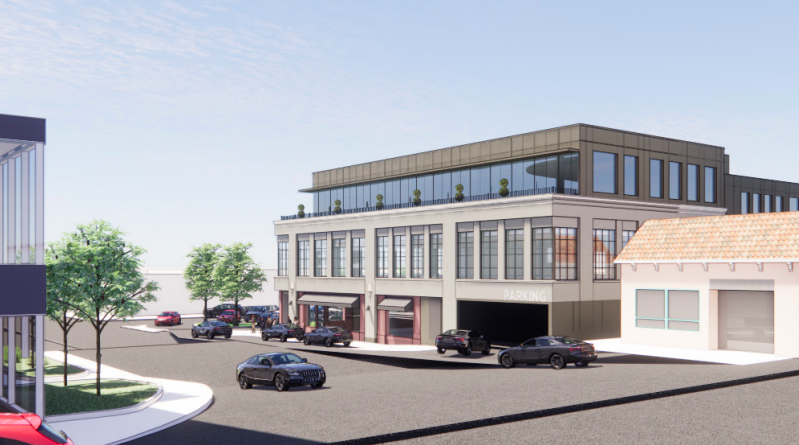Lawsuit On Snider Plaza Redevelopment Project Dismissed
Dallas County District Court Judge Sheryl McFarlin dismissed a lawsuit seeking to block city of University Park officials and developer Jim Strode from moving forward with work on the redevelopment of the southeast corner of Snider Plaza — where Peggy Sue BBQ used to be.
The group can appeal the decision, though, to the District Court or directly to the 5th Court of Appeals if they choose. A member of the association opposed to the redevelopment project says they’re reviewing their options.
Strode’s plan calls for taking down the existing structures at the site to make way for a new three-story building to house retail, restaurant, and office space. The plan also calls for a two-level underground parking garage with 48 spaces accessed from Daniel Avenue. The site plan was approved by the University Park city council Sept. 21.
The Snider Plaza Alliance sought a temporary injunction last week, arguing the “City failed to give sufficient notice of a zoning change and the resulting development threatens imminent, irreparable harm if not enjoined,” according to court documents.
“The Snider Plaza Alliance seeks Court intervention to prevent the development of an office tower in Snider Plaza that would shatter the area’s village character and impose a substantial traffic and parking burden, disrupting long-standing local businesses,” the group alleged in early court filings in the case. “The City of University Park passed a zoning change on false pretenses and without proper notice, allowing the developer to avoid having to comply with zoning that would require dozens of additional parking spaces for a development of this size.”
Lawyers representing city officials, however, said nothing was changed in the zoning ordinance when the site plan was approved in September.
“The Alliance does not contend that the City Council could not reduce the required parking, although it mistakenly contends that the reduction was an amendment to the City’s Zoning Ordinance,” lawyers representing city officials argued in court filings. “The City Council had existing authority under the zoning ordinance to reduce the required parking in approving the detailed site plan.”
Lawyers for city officials also argued that, having posted notice and taken public comment when the plan came up at a July planning and zoning commission and again when it came before city council in August and September, the city had provided adequate notice.









